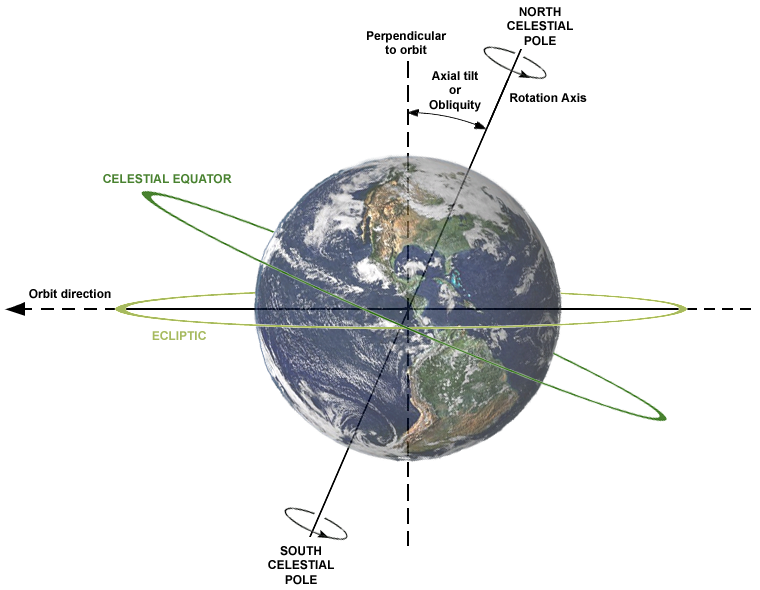I just enrolled in an introductory Astronomy course, and today in lecture the professor asked this question:
Give 4 ways in which the day/night cycle and the seasons would behave on Earth if our rotational axis was in our orbital plane (Uranus is close to this). What about if the rotational axis was perpendicular to the orbital plane (so the ecliptic and Celestial Equator lay on top of each other), but the Earth's orbit was quite eccentric instead of almost circular?
For the first part, it means the Earth is rotating by North/South, right? Would this mean that the day/nights would be "flipped around," i.e. it would be night in a city when it would normally be day. I don't think the seasons would change, since the orbit remains the same.
I don't really know what the 2nd part is saying. Is it simply asking what would change if the orbit was eccentric rather than what it is now?
Any help or clarification on this would be greatly helpful. Thank you!
